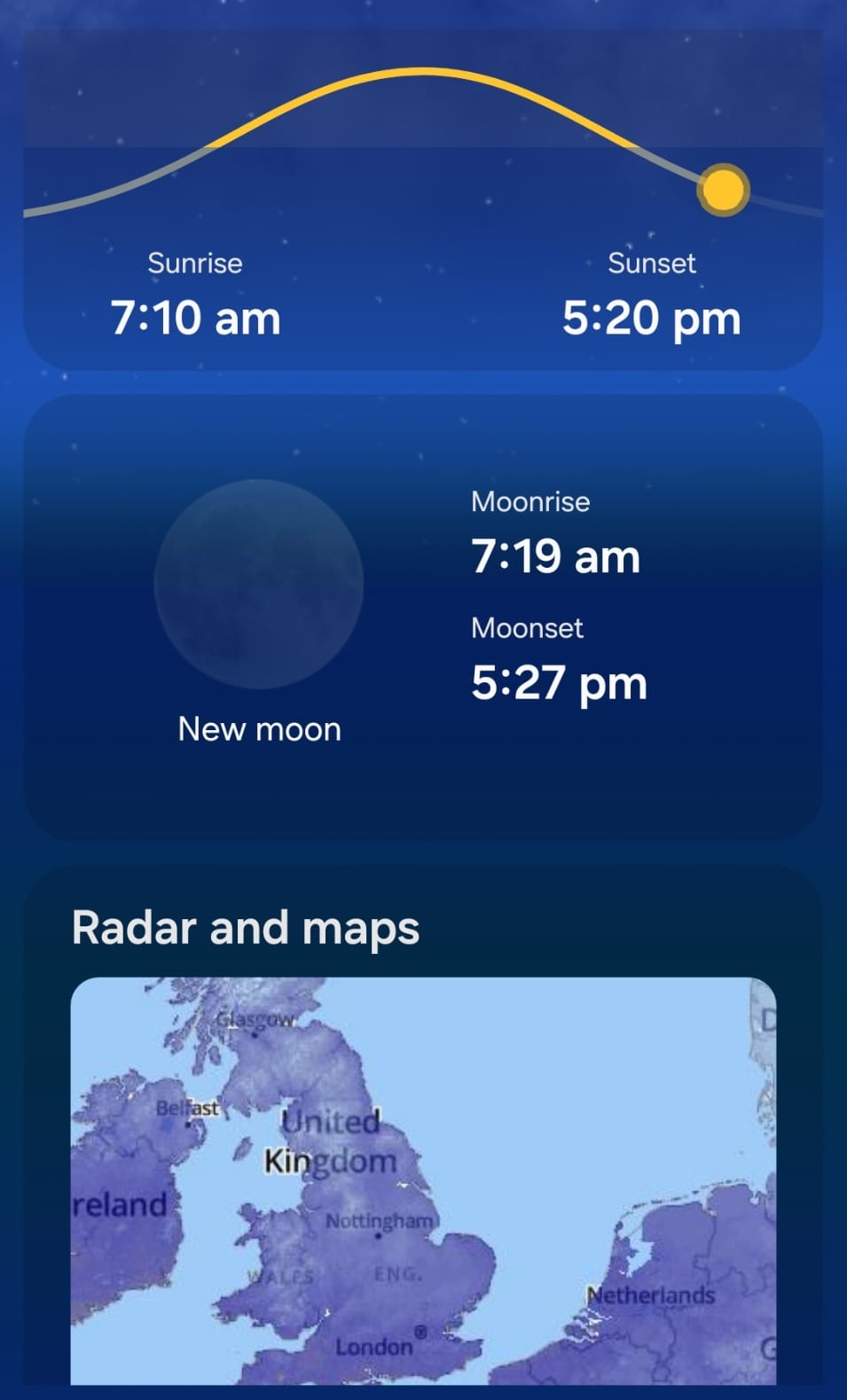Death of a Muslim

In Islam, a Muslim’s death is the beginning of the soul’s journey to the afterlife, marked by a funeral service (Janazah) and burial as soon as possible after death. The body is ritually washed, shrouded in white cloth, and buried in a simple grave facing Mecca, with cremation being forbidden. The community performs the funeral prayer to seek pardon for the deceased, and burial is often within 24 hours.
The Ideal: The goal is for this phrase to be the last thing the Muslim speaks before their soul departs.
Recitation of the Qur’an: It is common and highly recommended for family members to recite chapters of the Qur’an near the dying person.
Sūrah Yā Sīn (Chapter 36): This chapter is particularly recommended, as tradition holds it eases the suffering of death and brings blessings to the moment of passing.
Facing the Qiblah (Direction of Prayer): If possible and comfortable for the person, they should be positioned to face the Qiblah (the direction of the Ka’bah in Mecca), the same direction Muslims face when they pray. This can be done by adjusting the bed or positioning the person on their right side.
Here are some other important things to consider when thinking about preparing for death:
Before Death
Recitation of faith: Family members may help a dying person to remember God by reciting the Shahada (declaration of faith) or verses from the Quran, such as Surah Yasin).
Reminders of good deeds: The dying individual may be reminded of their good deeds to reinforce hope and seek forgiveness
The Goal: The Prophet Muhammad (peace be upon him) said that whoever’s last words are “Laa ilaaha illal Lahoo Mohammadur Rasool Ullah” will enter Paradise. Family or friends will usually sit near the person and recite this quietly and gently, encouraging the person to say it themselves. They must be careful not to pressure or annoy the person, but simply remind them
After Death
The body is washed by close family members or friends in a ritualistic manner, often in a special facility. It is then shrouded in three to five layers of simple white cloth (known as kafan).
A congregational prayer is performed to ask God for pardon and mercy for the deceased. This prayer is a collective obligation and is ideally performed in a courtyard or open space, not necessarily inside a mosque.
Burial must happen as soon as possible, preferably within 24 hours of death, for both practical and religious reasons.
The body is placed directly into the earth. The grave is dug in a way that allows the body to be laid on its right side facing Mecca. Graves are kept simple, with only a small marker, not elaborate monuments.
The community offers prayers and support to the family of the deceased. Condolences are offered, often with reminders about the transient nature of this life and the mercy of Allah Subhanahu wa ta'ala.
Here are some other important things to consider when thinking about preparing for death:
Shahadah
Moistening your tongue with the declaration of faith (Shahadah) is advised right up until the moment the soul leaves the body.
Repentance
Tawbah (repentance) is an integral part of worship during our lifetimes. Once we have passed, we can no longer repent for our major and minor sins, so making it a regular part of our daily Ibadah (worship) ensures we are doing the best we can to account for ourselves before our death.
Sadaqah
Sadaqah (charity), specifically Sadaqah Jaariyah and Waqf, which are ongoing forms of charity, benefits one after they have passed, earning reward beyond the life here in this world.
3 deeds that continue after Death
The following hadith outlines three deeds that continue after death:
“When a man dies, his good deeds come to an end, except three: Ongoing charity, beneficial knowledge, and a righteous child who will pray for him.” Hadith | Bukhari
Making an Islamic Will
You can learn everything you need to know about creating your Islamic will:
All Muslims have a duty to prepare for death. Creating a will is to ensure that one’s affairs are taken care of in this life, and in the next life. One of the unique wisdoms of doing so is to make it easier for those who are left behind, which has a compounding effect on the rest of society. We are care-takers of the earth and of each other. In a famous hadith, the Prophet Muhammad (peace and blessings be upon him) said: “It is not permissible for any Muslim, who has something to bequeath, to stay for two nights without having his last will and testament written and kept ready with him.” Hadith | Bukhari
What happens after death in Islam
The Islamic tradition holds a lot of information on what happens to a human being after they pass away. Islam teaches that there is an afterlife, and that the life we live in this Dunya (world) is only temporary. Believers spend their entire lives worshipping Allah (SWT), the One God, and believe in the Prophet Muhammad (peace and blessings be upon him) as well as all of Allah’s messengers – our entire purpose is to worship Allah (SWT). Death, therefore, is the end of the test, and the beginning of the trial (the Day of Judgement) which will admit people to either Jannah (heaven) or Jahannam (hell).
The Day of Judgement (Qiyamah), a day that will last 50,000 years, is the day of accountability. On this day, all of humanity will be judged by their deeds and intentions by Allah (SWT) alone. It is not known to any living thing when the Day of Judgement will occur – not even the Prophets (peace be upon them all) knew.
There are 14 stages of the afterlife as outlined in the Qur’an and Sunnah, beginning from the moment one is buried. Here is an overview of the 14 stages of the afterlife:
The Barzakh is the unseen realm, the barrier between life and death. The moment a person is buried, their soul is questioned by the two angels charged by Allah (SWT). Their soul remains in the Barzakh and awaits the day of judgement.
The Trumpet is blown by the angel Israfel at the command of Allah (SWT), it is blown twice.
The first blow of the trumpet begins the apocalypse and destroys all life, including Israfel himself.

We ensure our content is reviewed and verified by qualified scholars to provide you with the most accurate information.

Get In Touch
Do You Have Question ? Let's Talks
The Prophet’s life and example (Sunnah) are incredibly important for Muslims today, offering guidance on everything from prayer and morality to trade, family life, and governance.

Listen To Our Mosque Podcast
Proud to be serving hundreds of Muslims in Surrey

